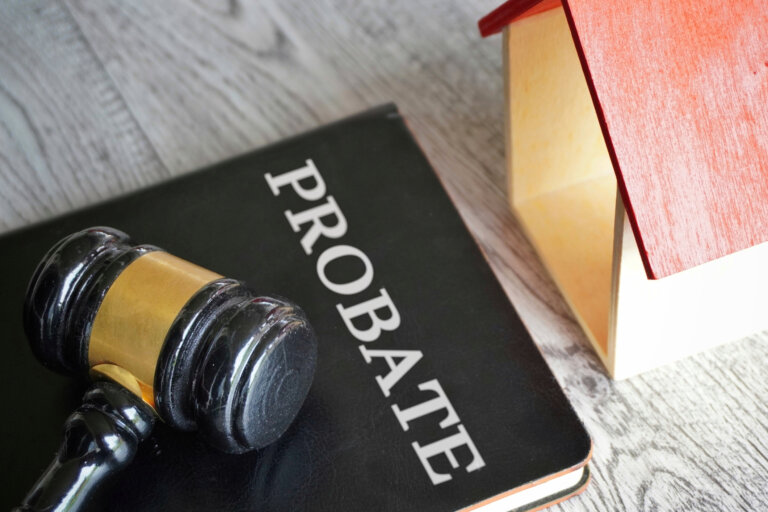When a loved one passes away, the idea of having to go through probate can be overwhelming, especially for the surviving spouse. Many wonder if probate is necessary when a surviving spouse inherits the estate. The necessity of probate largely depends on how the assets were held and New Jersey’s specific laws. In some cases, assets may automatically transfer to the surviving spouse without probate, while in others, probate may be required to transfer ownership legally. Understanding probate rules can help ensure a smoother transition during this challenging time. In New Jersey, whether or not probate is necessary when there is a surviving spouse depends mainly on how the deceased’s assets were held and the specific provisions of the estate plan, if any.
Considerations for Surviving Spouses As To Whether Probate Is Necessary In New Jersey.
1. Assets Held Jointly
- Joint Tenancy with Right of Survivorship: Common among spouses, this arrangement means that upon the death of one spouse, the entirety of the asset automatically passes to the surviving joint tenant without the need for probate.
- Tenancy by the Entirety: Specifically for married couples, this not only allows assets to pass directly to the surviving spouse without probate but also offers protection against creditors of one spouse.
New Jersey is a state that recognizes both forms of ownership for spouses.
2. Designated Beneficiary Accounts
- Assets like retirement accounts, life insurance policies, and bank accounts might have designated beneficiaries. These assets bypass probate and are directly transferred to the named beneficiaries upon the account holder’s death.
3. Assets Held Solely in the Deceased’s Name
- If the deceased owned assets solely in their name without any designated beneficiary, these assets generally need to go through probate. The probate process helps legally transfer these assets to the surviving spouse or other heirs according to the will or state law if there is no will.
4. Assets in a Revocable Living Trust
- If the deceased had placed assets in a revocable living trust, these assets could be passed to the surviving spouse (or other beneficiaries) without probate. The terms of the trust will dictate the management and distribution of the assets.
5. Small Estates
- New Jersey law provides for simplified probate procedures for estates that fall below a certain monetary threshold: $50,000 if you are a surviving spouse or domestic partner and $20,000 if you are the heir of an estate and there is no surviving spouse or domestic partner.
6. Legal Documents and Wills
- The existence of a will can dictate how the assets are distributed. If the will names the surviving spouse as the beneficiary of everything, the process might still require probate to validate the will legally, but it can be straightforward.
- Without a will, the state’s intestacy laws take over. In New Jersey, the surviving spouse typically inherits the entire estate if there are no children or if all are the surviving spouse’s children.
7. Probate Versus Non-Probate Assets
- It is crucial to distinguish between probate and non-probate assets. Non-probate assets automatically transfer ownership by operation of law or by designation, such as life insurance or jointly-held property.
Takeaway
Probate may only sometimes be necessary for a surviving spouse in New Jersey, primarily if the assets were jointly held, had designated beneficiaries, or were placed in a trust. However, surviving spouses should consult with an estate planning or probate attorney to navigate the specific circumstances of their case, ensure that all legal requirements are met, and settle the estate most efficiently and appropriately. Bozanian McGregor, LLC has highly skilled estate planning and administration attorneys dedicated to ensuring that your needs are met and one’s estate is handled correctly. Contact our office for an initial consultation.

